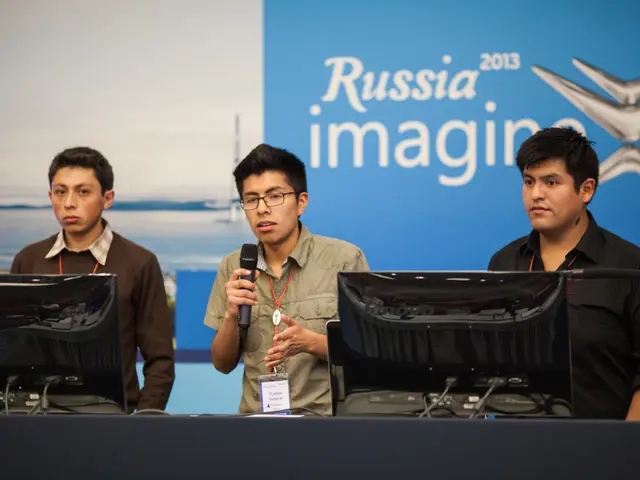AI Limitations: 3 Exceptional Human Skills that Remain Unsurpassable by Artificial Intelligence
The Age of Artificial Intelligence and the Human Advantage
Artificial Intelligence continues to revolutionize the workforce, automating numerous repetitive tasks previously done by humans. However, predictions of AI-induced job elimination are not entirely accurate. Instead, AI is expected to create more jobs than it replaces, as humans transition to roles that require higher-quality work.
In this AI-driven era, three critical human talents stand out, and cultivating these abilities is vital for career growth.
The Power of Curiosity
With AI influencing our decision-making process, fostering an insatiable curiosity becomes increasingly important. Rather than viewing AI advancements with fear or complacency, use these developments to question, explore, and innovate.
- Question the Routine: Identify the monotonous tasks that make up your job. Leverage AI to streamline these tasks, freeing time for tackling more intricate and meaningful work. AI excels at finding fresh approaches to common problems.
- Avoid AI Routine Dependency: By all means, use AI to expedite routine tasks. Still, refrain from becoming overly dependent on this technology. Be mindful that AI results can sometimes be flawed or misused. Use AI creatively as a catalyst for new ideas and a source of inspiration, rather than relying on it excessively.
Humility: The Forgotten Quality
As AI becomes more precise in predicting our preferences, we risk developing an overconfident mindset. AI's groupthink tendencies can lead to narrow-mindedness and poor decision-making by neglecting diverse perspectives.
- Self-Awareness: Recognize your unique skill set and focus on understanding your strengths and weaknesses. Take a personality assessment test to identify areas for improvement and understand yourself better.
- Seek Constructive Feedback: Regularly solicit feedback from your peers and superiors. Pay attention to their insights on your performance and be proactive in addressing areas that require growth. Accepting feedback and putting it into practice is the key to advancing your career.
The Human Touch: Emotional Intelligence
As AI automates intellectual capital, it is essential to concentrate on building connections, practicing empathy, and communicating effectively. Our formal education often overlooks the development of social and emotional intelligence.
- Foster Relationships: With AI taking over more routine tasks, utilize the extra time to focus on building stronger connections with colleagues. Invest in self-development and team collaboration to work more effectively in forging lasting relationships.
- Conflict Resolution: Actively manage conflicts and avoid confrontational behavior. Show empathy in understanding opposing viewpoints and strive to find conflict resolution strategies that prioritize the needs of both parties. A strong emotional quotient sets you apart from AI as a capable and dependable collaborator.
As AI increasingly enters the workspace, cultivating curiosity, emotional intelligence, and oversight skills becomes essential for professional success. Capitalize on these uniquely human traits to remain relevant and adaptable in today's rapidly evolving AI-driven landscape.
Source: Chamorro-Premuzic, T., & Akhtar, R. (2023, May). 3 Human Super Talents AI Will Not Replace. Harvard Business Review.
Artificial Intelligence, in its rise, emphasizes the necessity for humans to nurture three crucial talents for career growth: curiosity, humility, and emotional intelligence in education-and-self-development and career-development contexts. To remain adaptable and relevant in the AI-driven era, one must question the routine (to streamline tasks), practice self-awareness (to identify strengths and weaknesses), and foster conflict resolution skills (to manage interpersonal conflicts effectively). Humility involves recognizing the limitations of AI's predictive capabilities and seeking constructive feedback for personal growth, while emotional intelligence allows for the cultivation of strong relationships and effective communication, differentiating humans from AI as capable and dependable collaborators.








